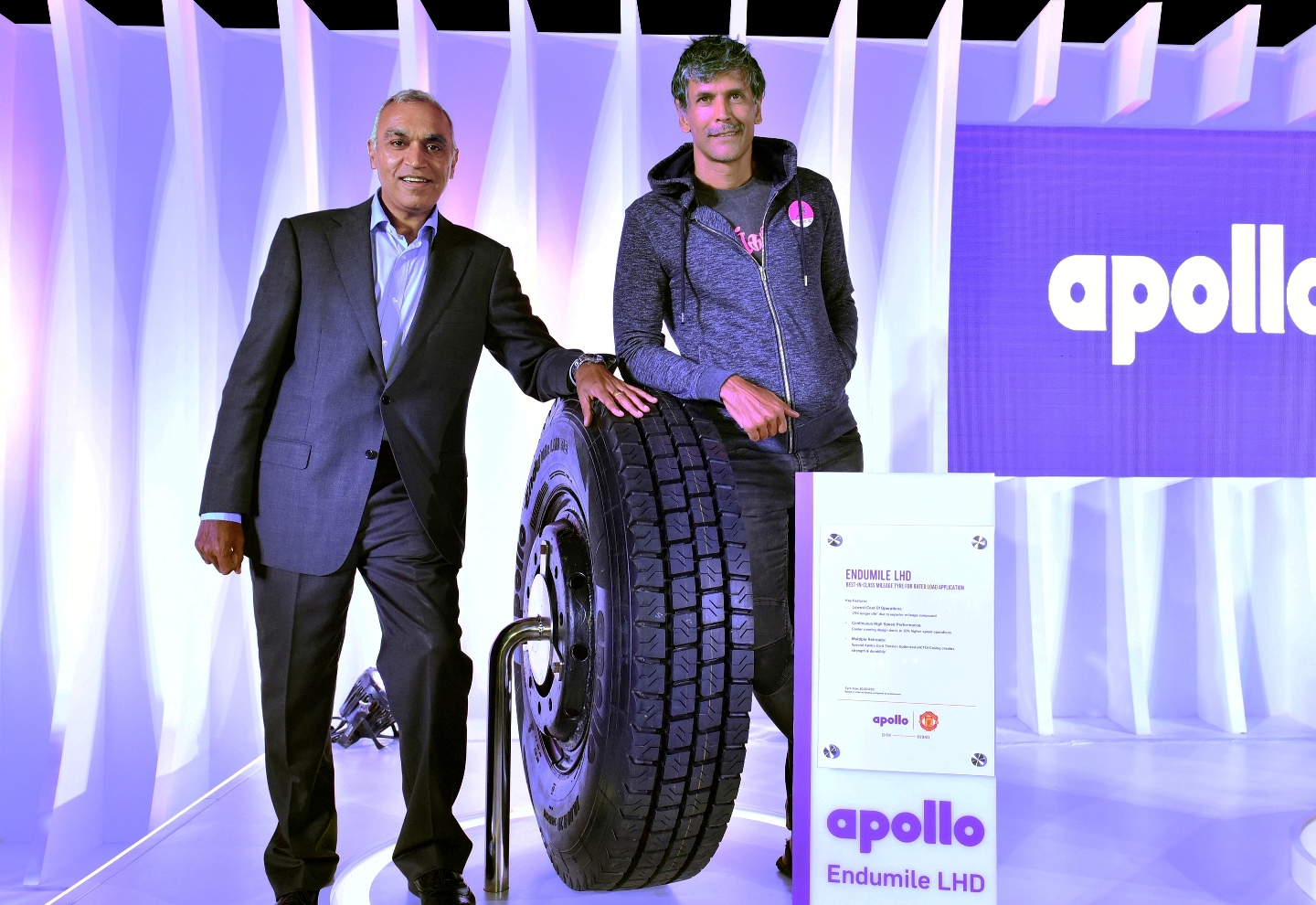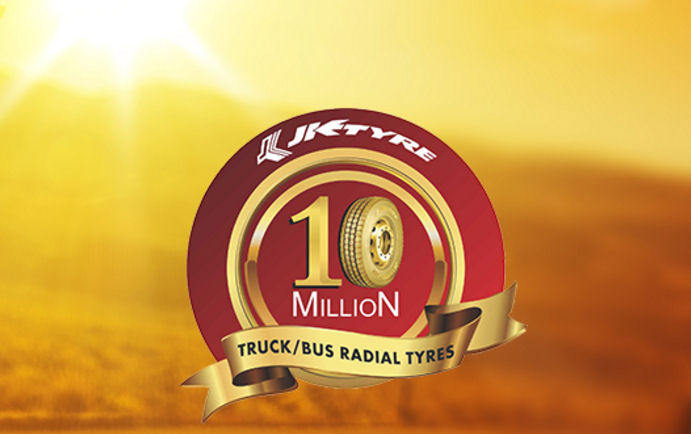Looking forward to level playing field – Titan International testifies in duty hearing
Titan International’s final injury hearing before the US International Trade Commission (ITC) took place on 4 January, and today the company will file a post hearing brief. The off-road tyre specialist says it “remains optimistic” that the ITC will issue a final affirmative determination in these cases.





